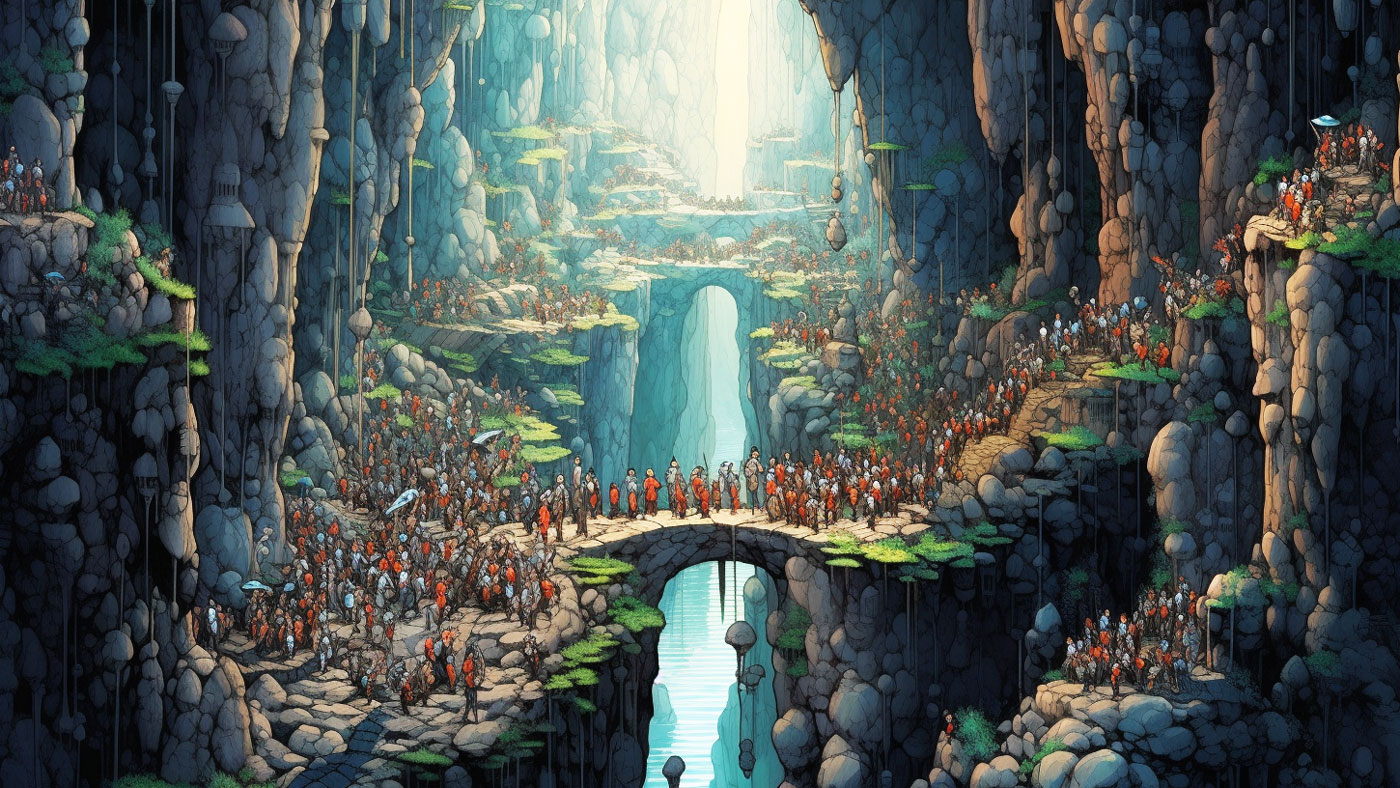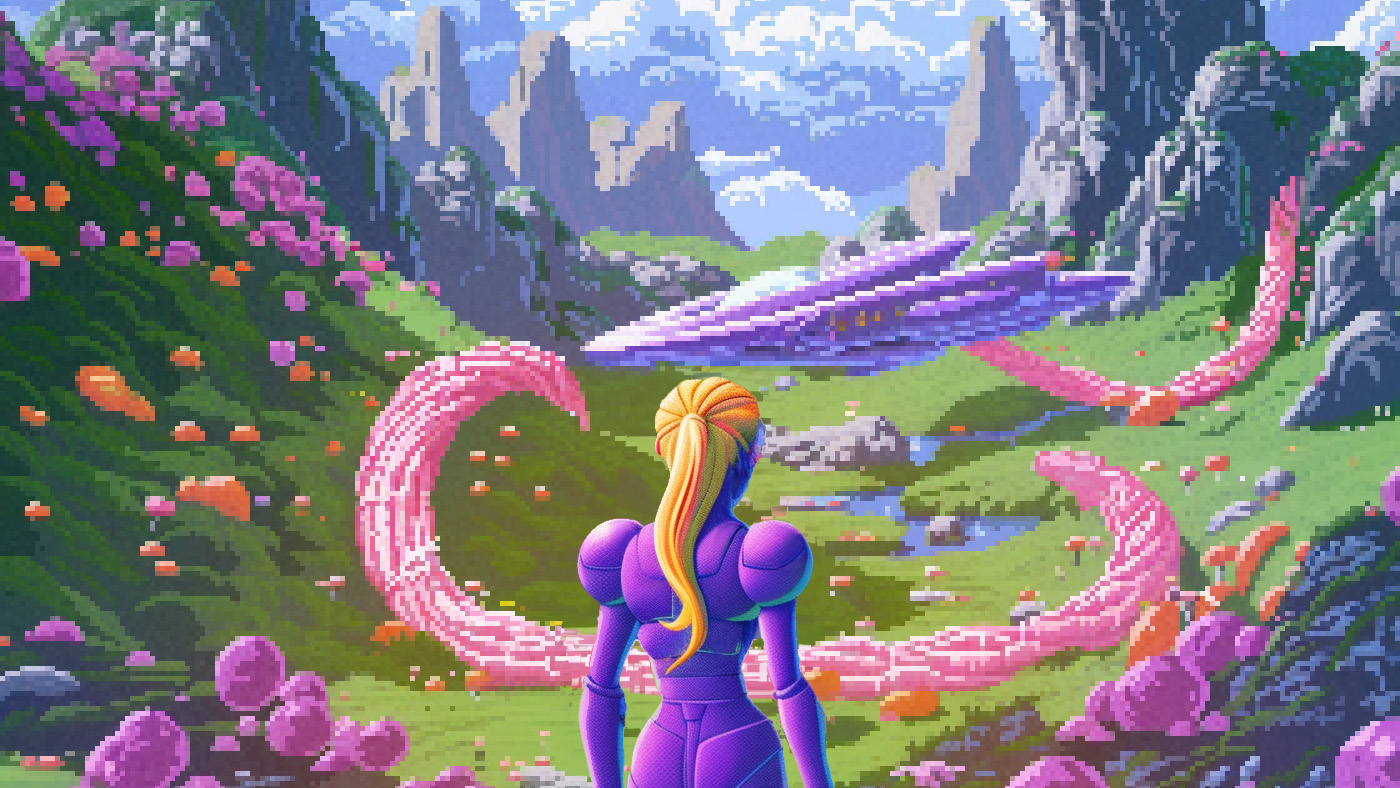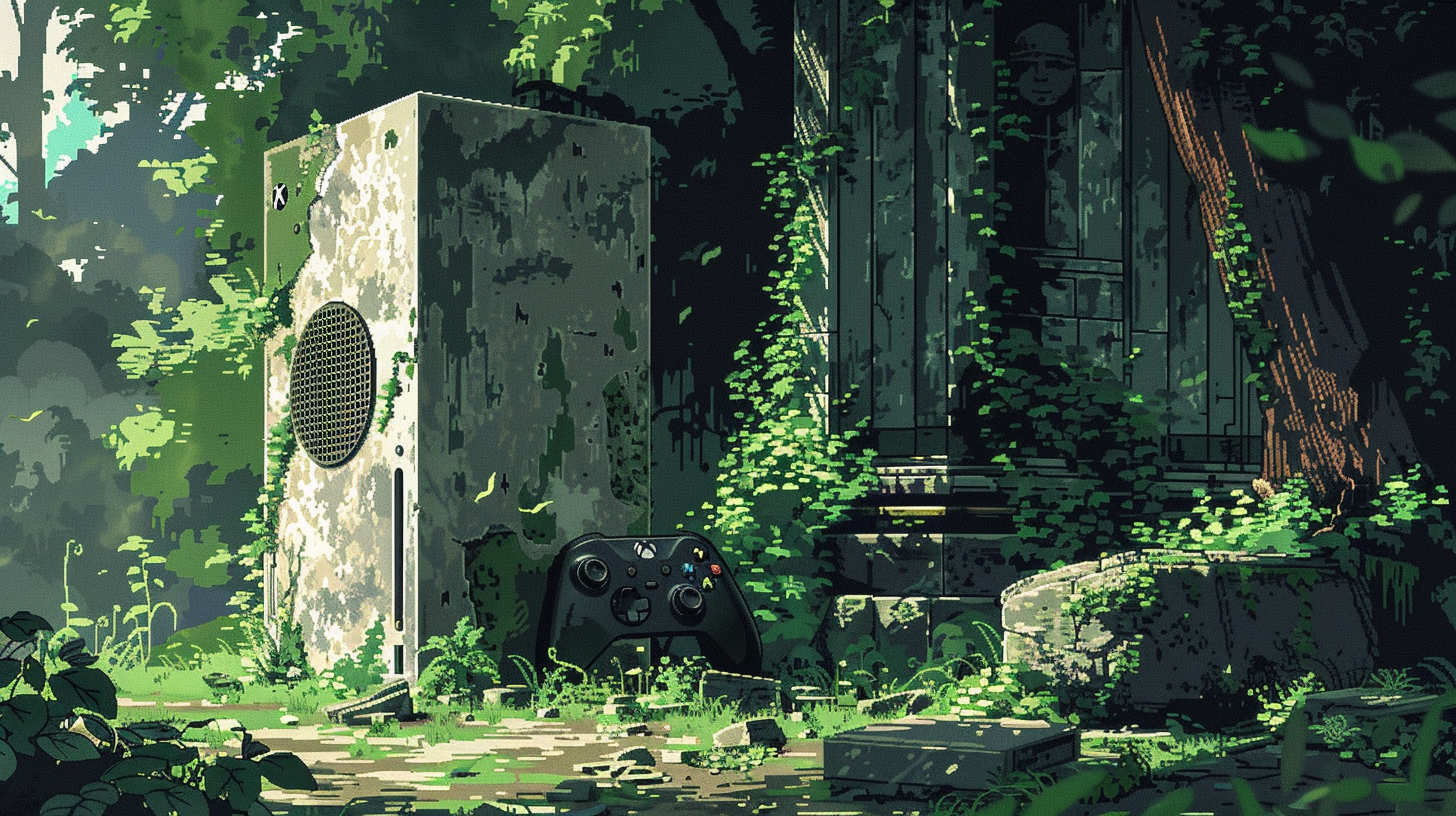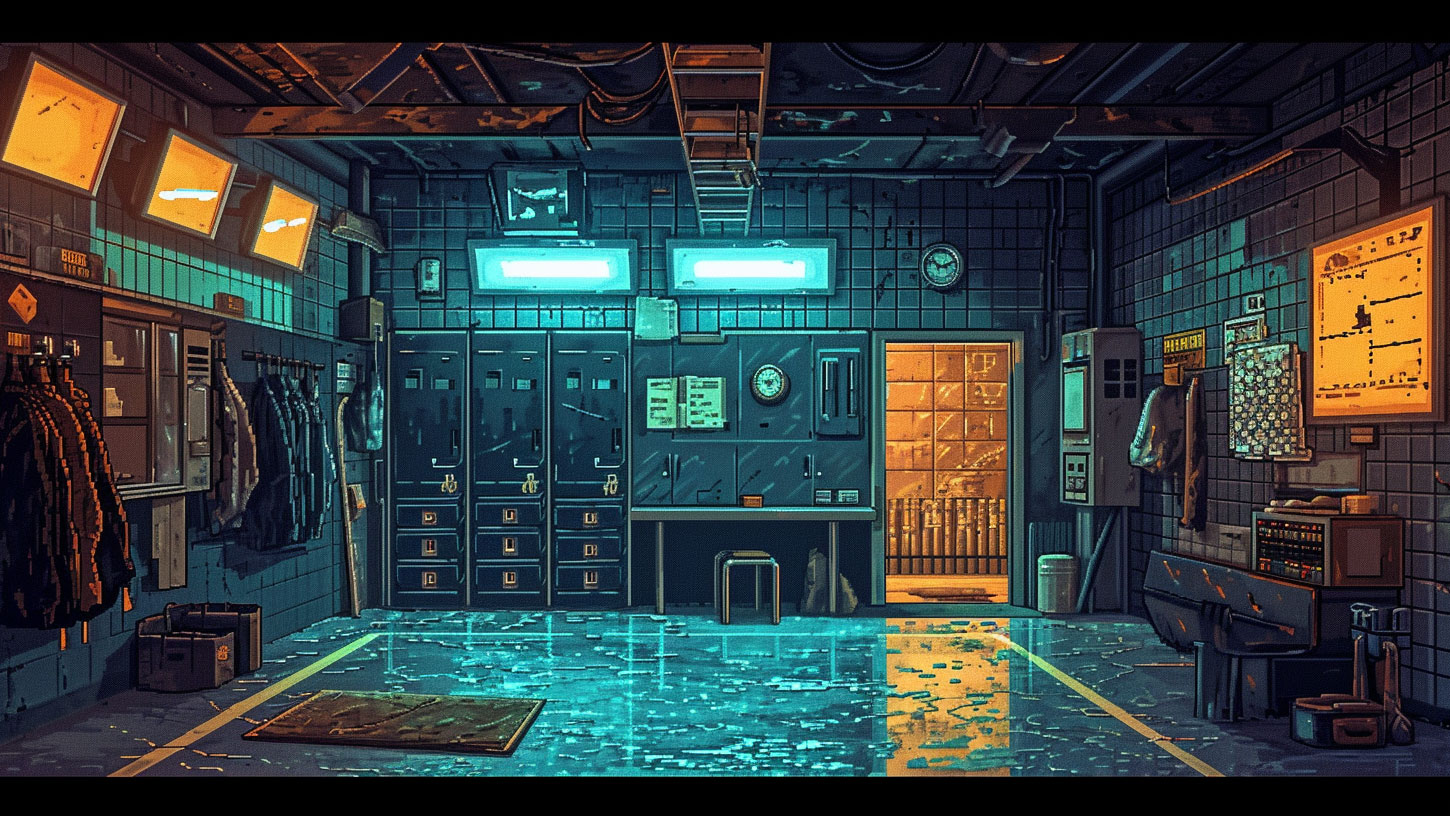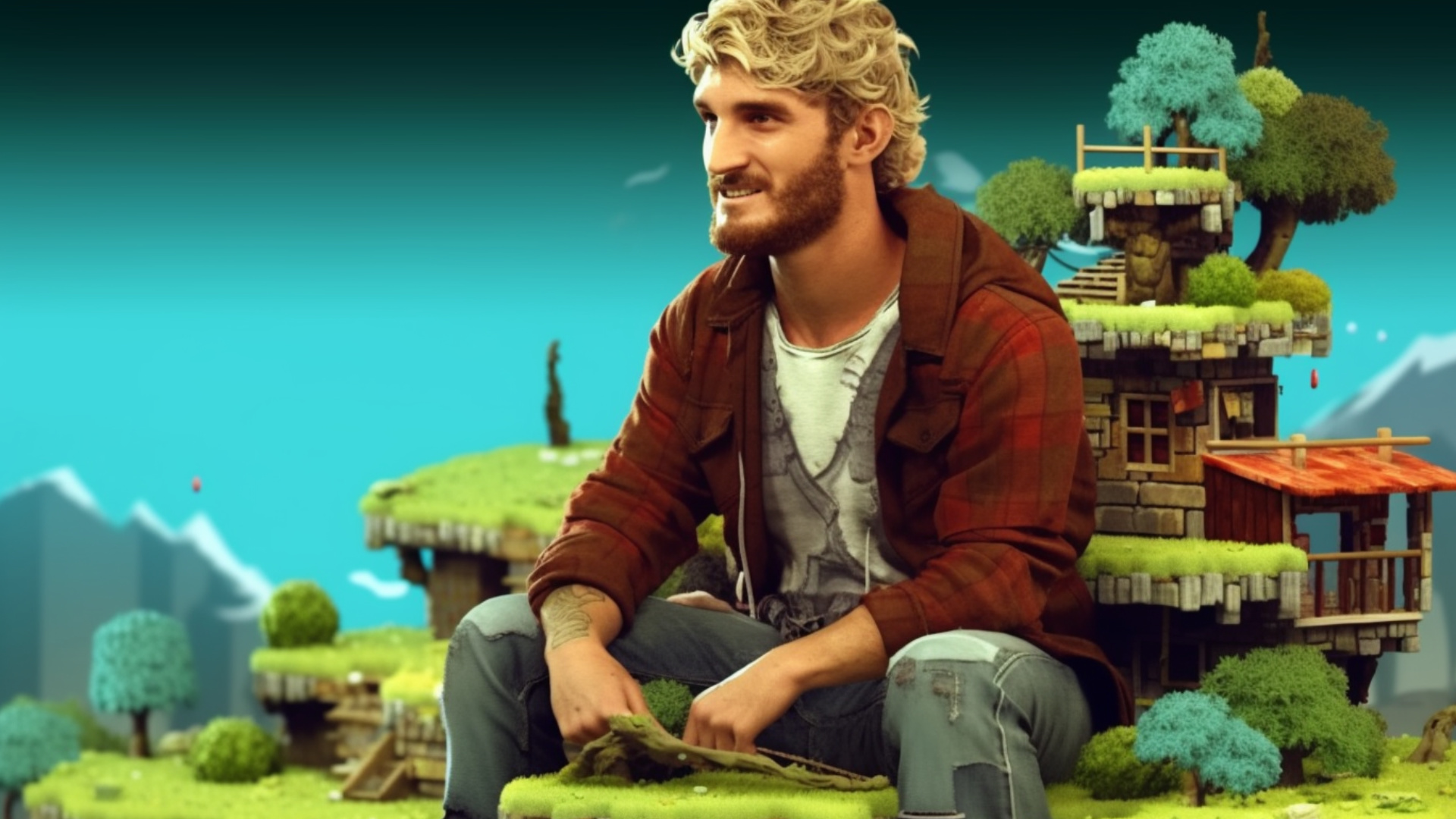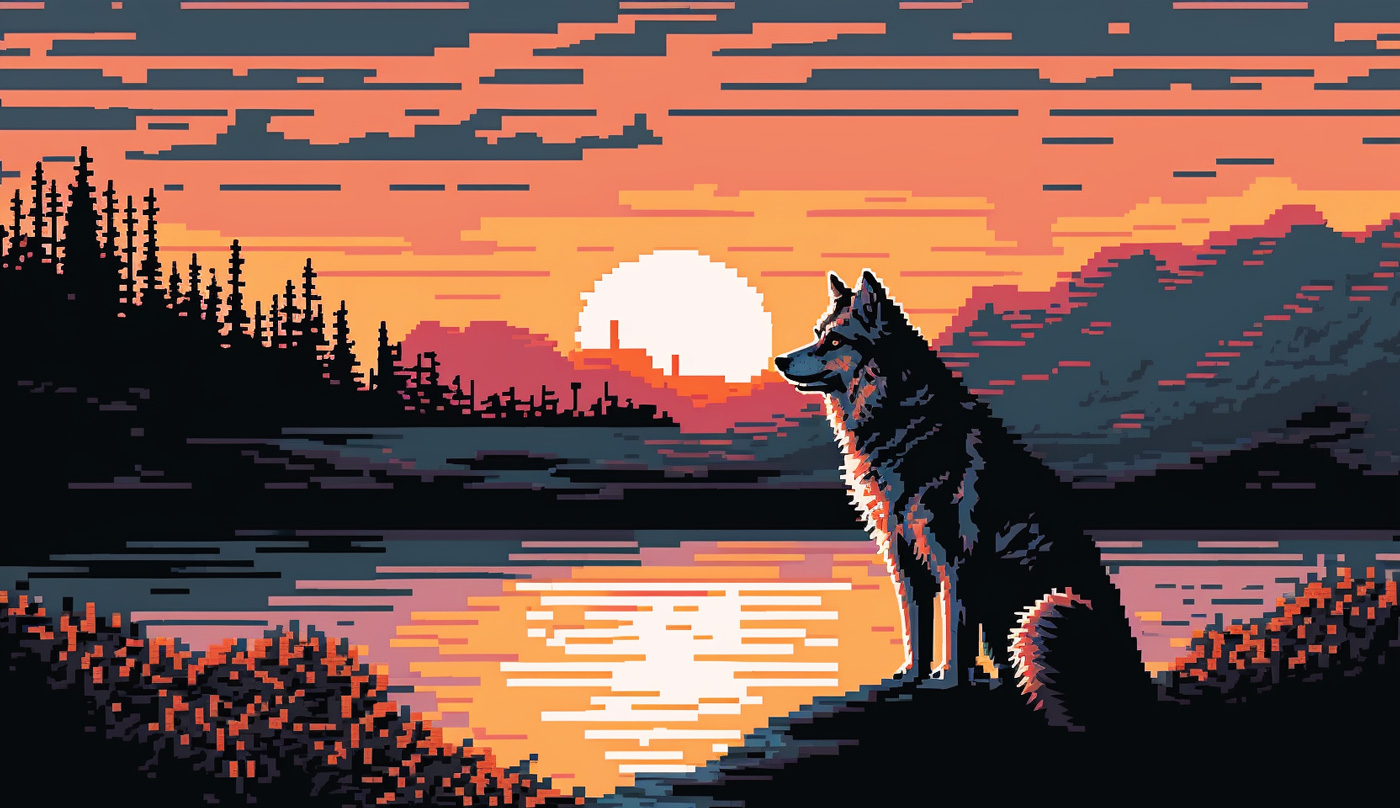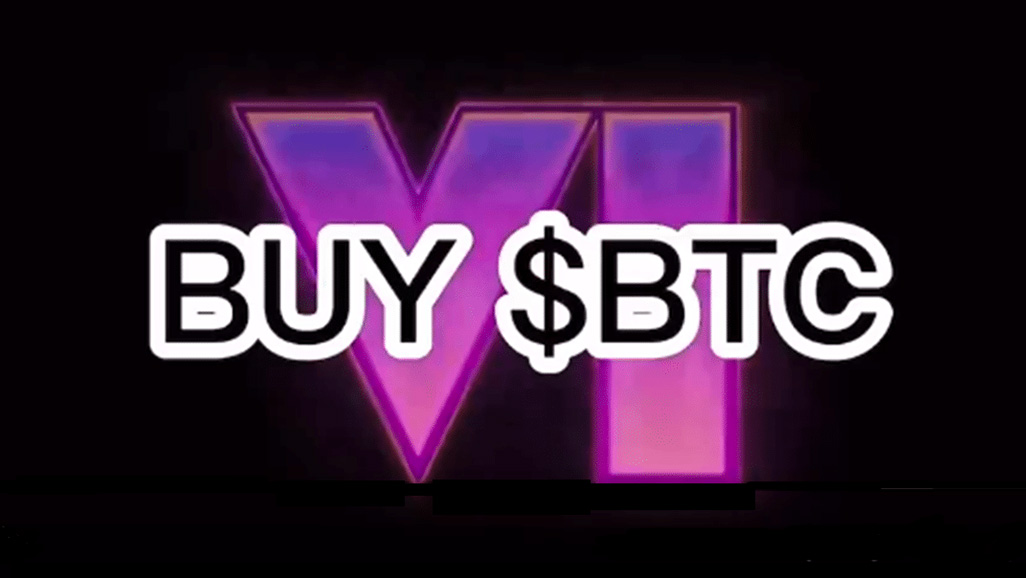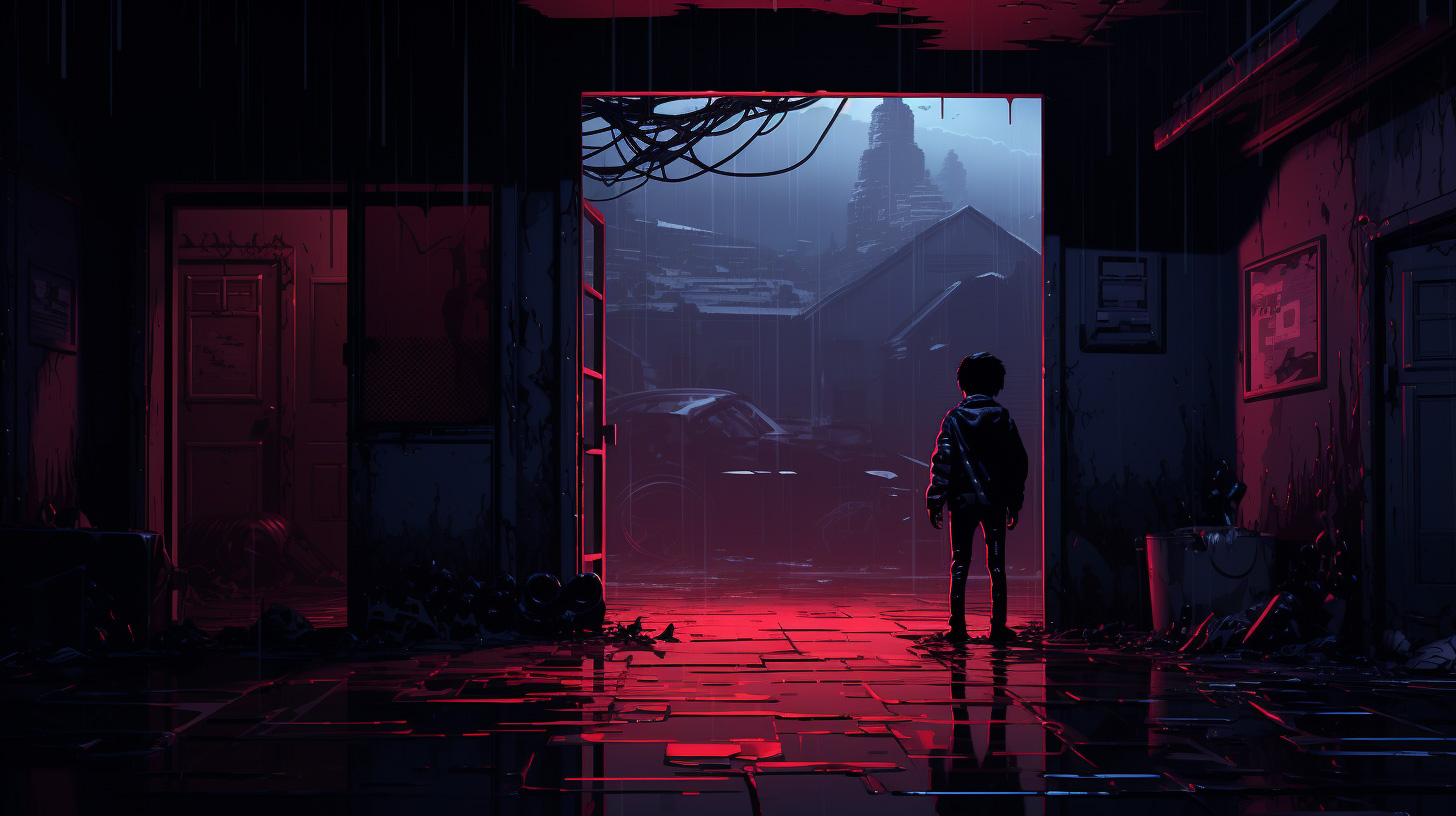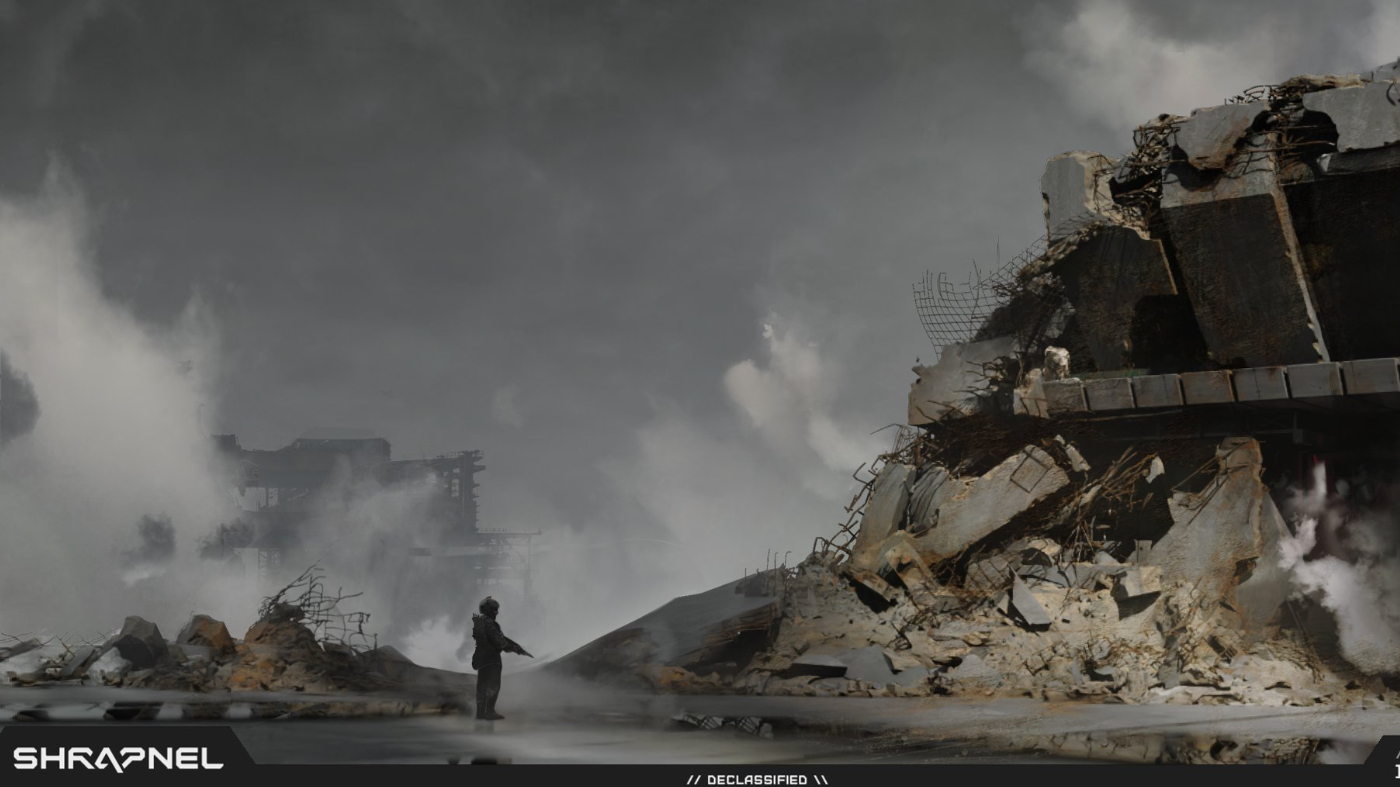Last week I interviewed Sarah West, head of marketing at a game called The Nemots.
The Nemots is quirky. So is Sarah.
I’ll tell you more about her in a moment. Something Sarah said made explicit for me a problem I’ve been having for some time. It’s about how we use language in the niche of blockchain gaming. This is what Sarah said:
“How can you ever bring anything to the mainstream if we use language that only exists within that niche? I don’t think that ‘web3’ is the right terminology, to be frank. I think that we are just entering a new generation of gaming … I think that web3 is an exclusionary term. At the end of the day, we’ve gone from backgammon, to being on Nintendos, to being on desktops. This is just the next stage of gaming in my opinion, and we have to frame it as such.”
Now, this goes to the heart of what we are doing here at Polemos. We are all about blockchain gaming, we believe in the technology as the next big gaming development, and we aim to reach gamers and spread the word. We’ve been doing that, talking about the latest developments in web3 and this amazing and complicated technology that allows gamers to actually own parts of game worlds, and to take more rewarding roles in world creation.
But it’s possible we’ve been framing it wrong. Effectively we’ve been saying “come join us”, attempting to coax unbelievers across the chasm.
In doing this, there’s a risk we’ve divided the world into the saved and the ignorant: web3 and web2. At times we’ve been guilty of proselytising, and giving the impression we know better.
That’s not a very attractive proposition. No one thinks of themselves as web2, and a lot of the language we have been using says “you’re not one of us”. As Sarah points out, we’ve been guilty of forming a very small and exclusive club – whose members maybe even enjoy that special feeling – and at the same time wondering why more people don’t join up.
I think it’s time to break up the club. Blockchain technology will be used by many big new games, and pretty soon the distinction between blockchain games and mainstream games won’t make any sense. Should we get ahead of the curve and abandon the distinction now? I really would like to hear from you on this. Use the contact form for feedback.
Some gamers do care about the underlying tech in games – whether blockchain, AI, VR, or any of the welter of new developments happening right now – but many do not. For the latter, the matter of first importance will always be the game itself. We’ll remain concerned with all important developments in gaming, but perhaps in future you’ll be hearing a little less about “web3” here and more about plain old gaming.
Who is Sarah West?
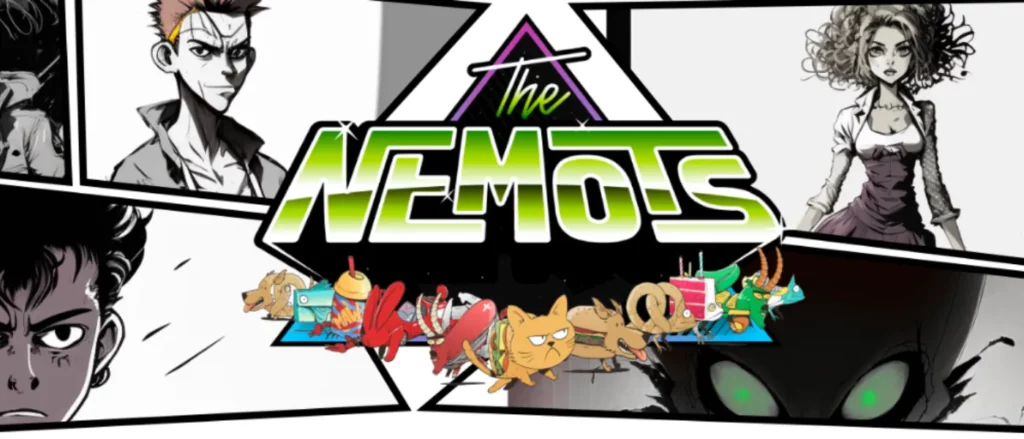
When I spoke to her, Sarah was preparing to get in her truck and drive 9 hours to LA to attend the 3XP conference. She was taking her 16-year-old daughter to ride shotgun on the long, otherwise lonely drive. Sarah is a single parent to four kids, works for the Army, is an environmental scientist, and has studied psychology and worked in fashion. She’s also part of trio of leaders making The Nemots, a trading card game (TCG) that is about as far from the world of AAA game building as you can be. Check out the heinous 80s airbrushed logo above: you get a sense this game is different.
Sarah isn’t paid for her role at The Nemots, and neither is CEO Jasper van Ravenzwaaij and creative director Derek LaPorte. Their work is fuelled by passion for the game they are making.
“The simple thing is that we love this project and this project is gonna win no matter what. I believe in this game so much, I can’t even tell you how much I believe in it. It’s just absolutely fantastic. I love playing it. I know that I can’t go and play it because if I play it, two hours later, I’m still playing it.”
Now that’s what I call marketing!
The Nemots alpha is sitting on my production Mac waiting to be played, another sure sign I’ve strayed into unfamiliar territory. Most game development is strictly PC (although to be fair, Apeiron also releases alphas to MacOS).
Sarah will be the next guest on the Key Characters podcast, look out for that one in coming days.
Who are we?
After Caveman told me about his aerospace education, I realised I didn’t know enough about my own team: so I’m going to interview them on camera. I’ll give you a summary here in coming weeks, personally I’m interested in the moment of ignition, the first memories of the game that set them on their path. Maybe that’s less magical than I recall. We’ll find out.
Let me know if you have any burning questions.
The big deal in trouble
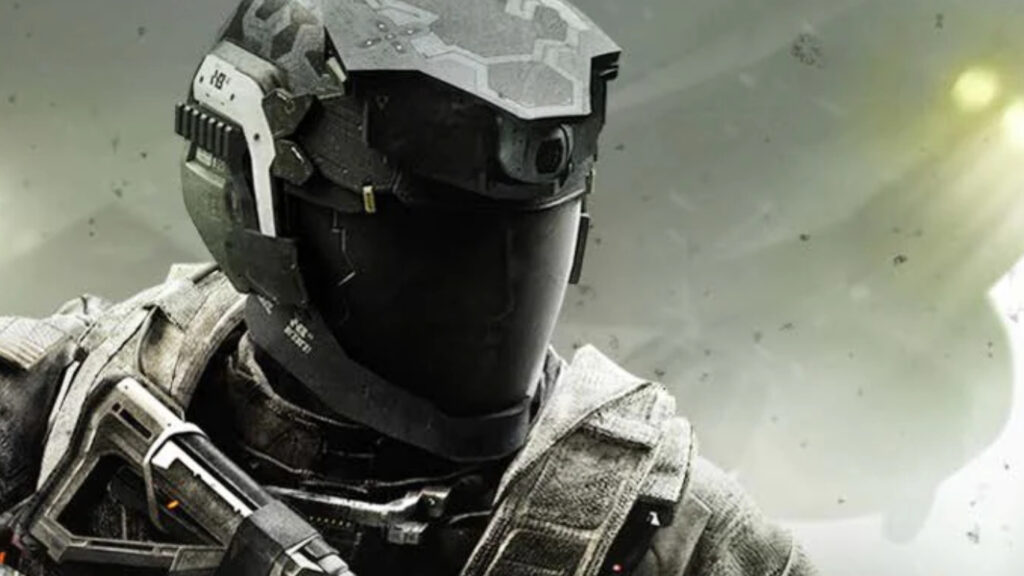
Microsoft’s attempted acquisition of Activision Blizzard is the biggest deal in the history of gaming ($69b), it’s been thrown out in the UK, waved through in the EU, and is now under scrutiny in the US. Competition regulator the FTC asked a judge to temporarily block the deal from closing, and he obliged. A hearing is scheduled for next week. Read
Mayhem as SEC goes for Binance and Coinbase
I didn’t mention last week the biggest ruction in the crypto world, as regulator the SEC attempts to simultaneously savage global exchange Binance and US exchange Coinbase. The fallout continues this week. Seems like in the SEC view of the world, Bitcoin is ok, but everything else crypto is rotten. Coinbase has been at pains to distinguish itself from others, and says the SEC is regulating by enforcement. Effectively, the SEC is saying “you’ll know you’ve done something wrong when we whack you”. All parties are fighting hard, and this feels very much like a crossroads moment for the US.
When a failed project should admit defeat
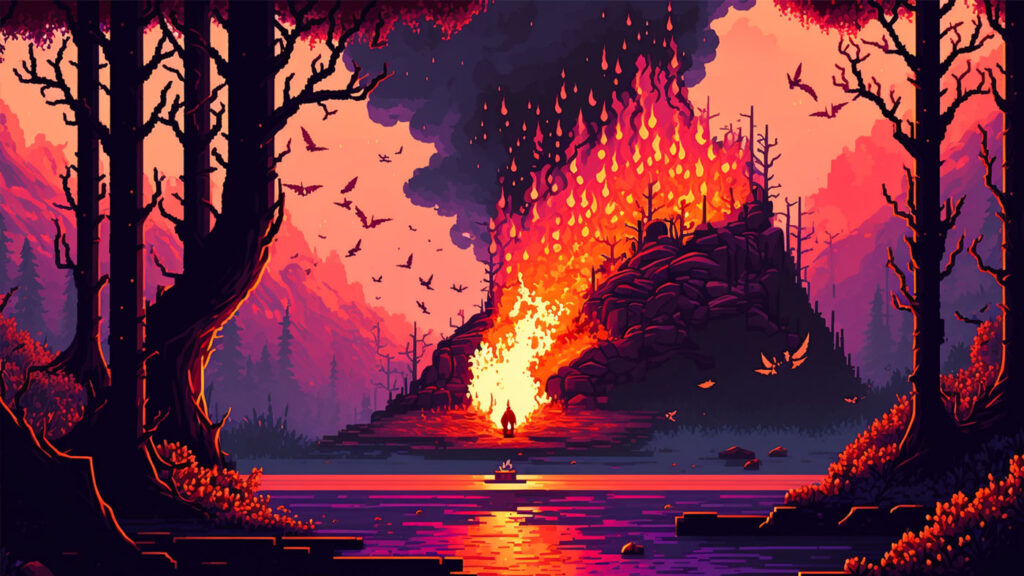
Canadian film and entertainment studio Bron has dumped web3 development company Feature for the Gossamer World project. That leaves Bron with no partners who know anything about blockchain tech or game development. If the project was looking bad before, it’s diabolical now. But let’s not be melodramatic: plenty of projects fail. It would be nice to see them just admit it and refund the NFT money. Read
This is the web version of our weekly newsletter. Click here to sign up.

